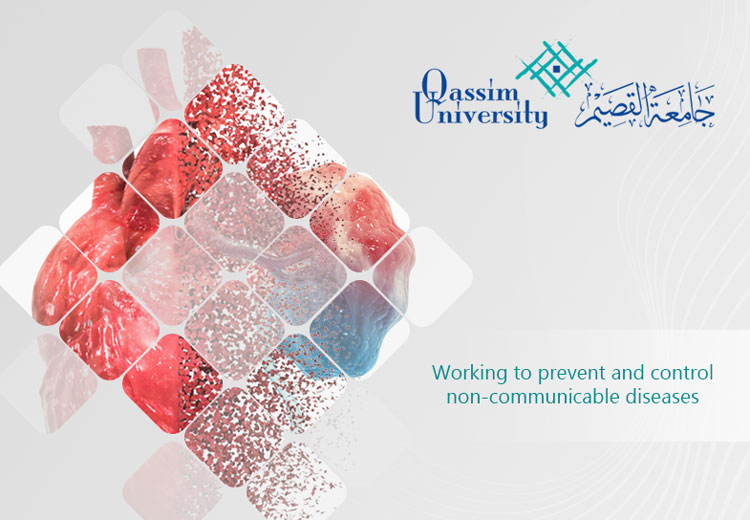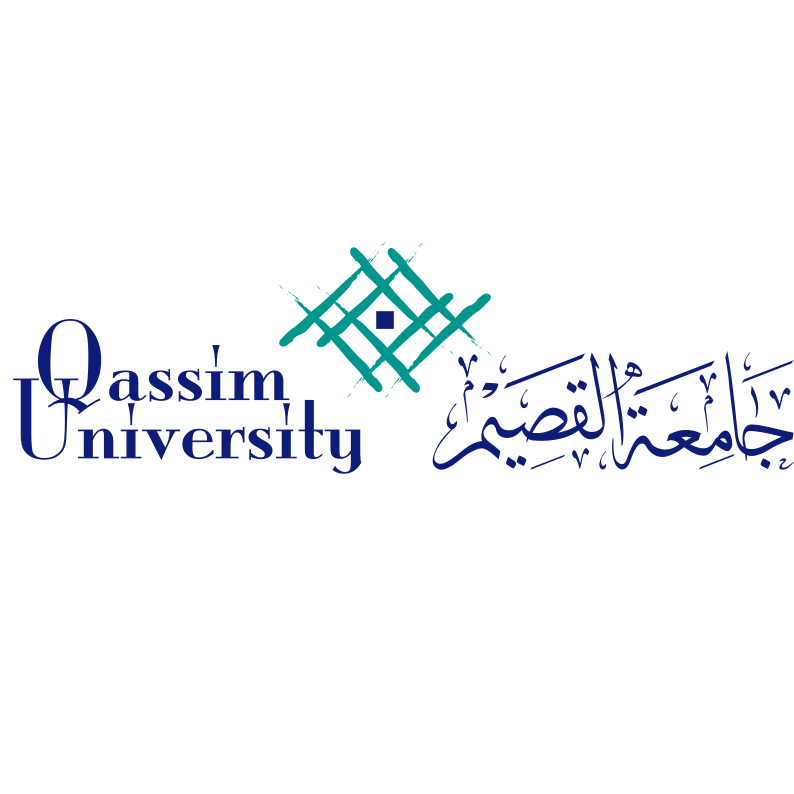Working to prevent and control non-communicable diseases

Sponsored by

Sponsored by

Researchers at Qassim University are exploring new technologies alongside existing natural products to find new treatments for chronic diseases
The Covid-19 pandemic has drawn the fragility of human health into clear focus – not to mention the importance of facilitating quality research.
But as countries in the Global North navigate their way out of the crisis, experts have warned against losing focus on other persistent health challenges such as diabetes, cancer and cardiovascular diseases.
As part of an ambitious five-year strategy, Qassim University in Saudia Arabia has listed 10 priorities for its research departments. One such priority is the prevention and control of non-communicable diseases – that is, diseases that can’t be transmitted between people.
According to World Health Organisation statistics, non-communicable diseases account for 40 million deaths each year, equivalent to 70 per cent of all deaths worldwide. Non-communicable diseases include chronic illnesses such as heart disease, cancer, lung disease and diabetes, all subjects of increasing concern in the Arab region in particular, where cases are rising.
“Based on the data, and the research capacity we have here at Qassim, this was an obvious area in which to focus our attention,” explains Mansour Alsharidah, head of the Deanship of Scientific Research.
One project led by Ahmed Abdelfattah Abdellatif, associate professor of pharmaceutics at Qassim University, explores the use of silver-coated nanoparticles in targeting cancer. “We found that a small, safe dose of this can reduce tumour structure in breast cancer cells,” he explains.
The same research group is now exploring the efficacy of nanoparticles coated with other chemical compounds, including natural products such as onions. “Onions have already been shown to generate anticancer activity, but when paired with the silver particles, the anticancer activity increased about twentyfold,” Abdellatif says. “Our plan is to test a lot of different nanoparticles and determine each effect inside the cells.”
Abdellatif’s team is also developing new ways to target cancer cells using polymeric and metal nanoparticles, which have both a powerful anticancer effect and bind to receptors to deliver more specific targeting. This active targeting helps mitigate dangerous side effects by avoiding the non-specific transport of nanoparticles and decreasing the required dose of chemotherapeutic drugs.
Hamdoon A. Mohammed, associate professor of medicinal chemistry and pharmacognosy at Qassim University, is working on natural anticancer products by exploring the use of local desert and halophytic plants. Mohammed and his team have analysed the anticancer properties of more than 40 plants found in the Qassim region, with promising results. The group is also interested in the isolation of bioactive components in plants and plants’ ability to fight cancerous cell lines.
Another major focus of the research at Qassim is improving the quality of life in patient care and therapeutic interventions. As such, researchers are learning more about the reduction of side effects in cancer treatments. It is hoped that new genomic sequencing technologies could help scientists better understand the causes of toxicity in patients and help provide more effective, personalised treatments.
While the university’s goals are ambitious, so too are its researchers,” says Mansour. “It’s a good place to be, because there is a clear strategic plan, with the full support of the university president and the ministry of education.”
Between 2015 and 2021, research publications from the university grew by more than 50 per cent according to the Scopus database. Part of the reason for this success, Mansour believes, is the university’s commitment to increasing national and international collaborations. “Sometimes there may not be the resources or money to solve everything, but we are addressing this through partnerships,” he says.
This is especially effective for medical studies, where equipment is expensive and not always easy to get hold of. “We have sent samples either to Saudi hospitals and research centres, and we work internationally with institutions including Liverpool John Moores University, which do the analysis for us as well,” he says.
Priorities for the future include increasing the number of quality publications to come from the university, in keeping with Saudi Arabia’s transition to becoming a knowledge-based economy.
Among the nation’s Vision 2030 goals, Saudi aspires to become one of the top 10 countries in the World Economic Forum’s Global Competitiveness Report by 2030.
Qassim is also aiming to expand its nanomedical and genetic research areas, and an application is underway to offer postgraduate placements at the institution from 2022. “It is truly an exciting time to be studying these major global challenges, and Qassim is a supportive place to do that,” Mansour concludes.
Find out more about Qassim University.